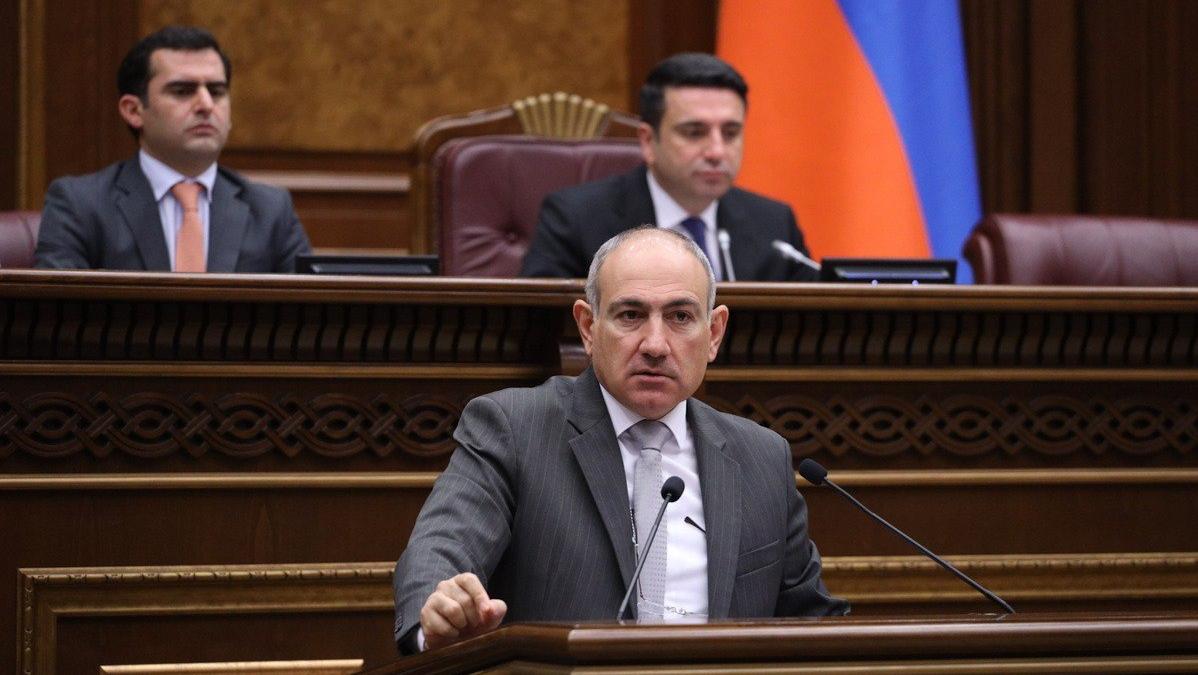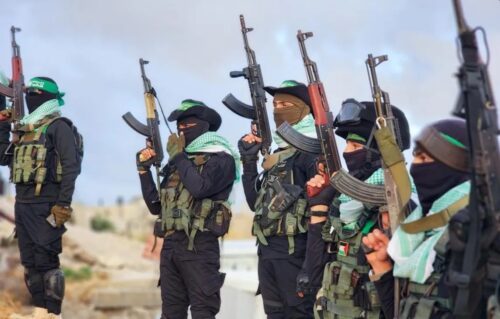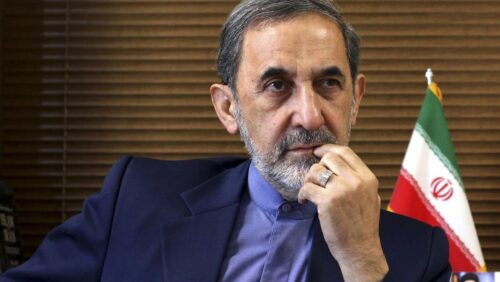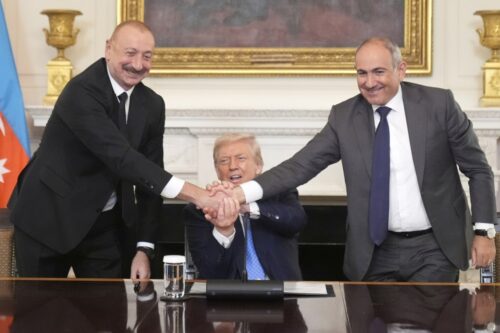
Eurasianet: Pashinyan’s new ideology faces opposition on three fronts
Prime Minister Nikol Pashinyan is pushing for an ideological transformation to establish what he calls “real Armenia.” To succeed, he will have to win a three-front fight to overcome opposition from Azerbaijan, Russia and a powerful bloc of domestic critics, Eurasianet writes.
Having returned from a foreign tour that took him to Washington and Paris, Pashinyan answered questions in parliament on February 12 about his “Real Armenia” vision. The tenets of the ideology are still being fleshed out, he explained. But the broad outline is the promotion of a Westernized, democratized nation that has drawn a line on the past and is firmly fixed on forging a prosperous future. The prime minister’s efforts to achieve an identity makeover for Armenia is rooted in the country’s decisive defeat to Azerbaijan in the Second Karabakh War in late 2023. The military disaster prompted the collapse of the country’s traditional strategic partnership with Russia.
Many Armenians believe Russia failed to fulfill security commitments to defend Armenian sovereignty. Since then, Pashinyan has sought to strengthen ties to US and European political, economic and security institutions, while striving to conclude a peace deal with Azerbaijan. Pashinyan may have the backing of the United States and France, as well as many MPs, but how far he gets in pursuit of the real Armenia project is uncertain given the scope of opposition he faces from three directions.
Russia, Armenia’s main trade partner at present, is firmly opposed to the country’s efforts to move into the Western geopolitical camp, especially its pursuit of EU accession. Armenia remains a member of the Eurasian Economic Union, giving the Kremlin economic leverage over Yerevan. Elsewhere, the Armenian-Azerbaijani peace process that had until recently seemed tantalizingly close to reaching the finish line, now is moving in the wrong direction. Both sides have traded accusations of late that the other intends to restart armed conflict.
And on February 13, Baku filed a new lawsuit in the International Court of Arbitration in the Hague, seeking to hold Armenia responsible for causing environmental damage in Karabakh. The issue of handling international court cases involving Armenia and Azerbaijan has been one of the points holding up finalization of a peace treaty. Perhaps the most determined opposition to the real Armenia vision is coming from critics within Armenia and among Diaspora groups. A major source of discontent within these constituencies is Pashinyan’s willingness to recognize Azerbaijan’s lasting sovereignty over Karabakh.



